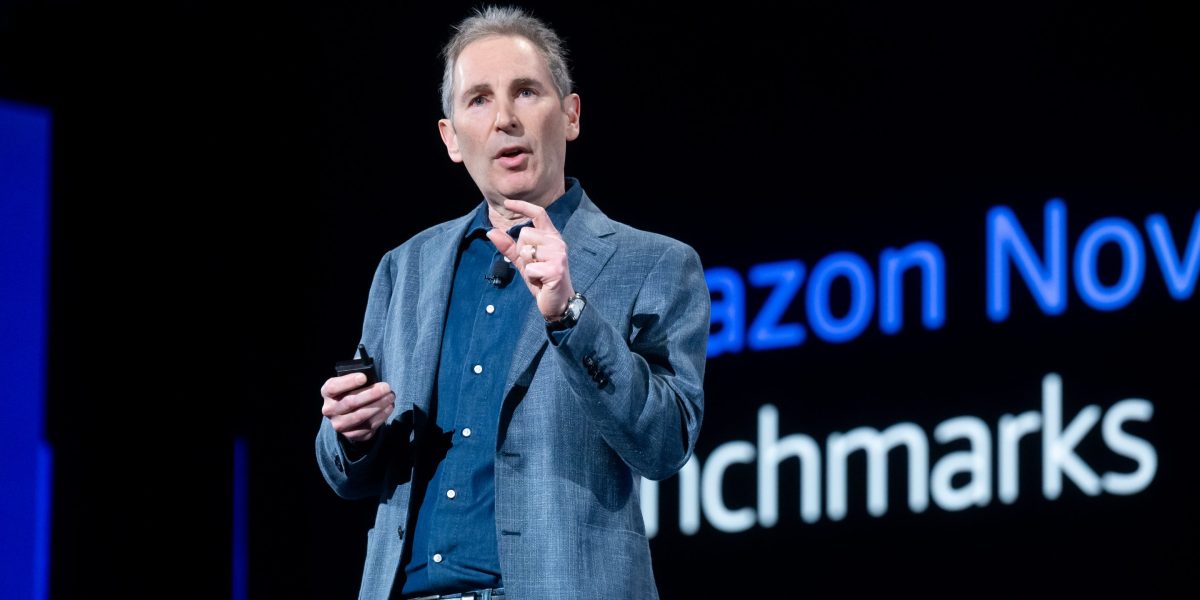Amazon CEO Andy Jassy recently addressed the 14,000 layoffs that occurred within the company, shedding light on the motive behind the decisions. Contrary to financial motivations, Jassy emphasized that the primary driver for the job cuts was a mismatch in cultural fit. This revelation came during Amazon’s quarterly earnings call, where Jassy clarified that the layoffs were not specifically tied to financial objectives or driven by artificial intelligence at the present moment but were primarily centered around aligning the company's culture.
The layoffs predominantly impacted middle managers, a move that followed a memo issued in June where Jassy highlighted the potential reduction in the workforce due to efficiency gains arising from AI integration. Expanding on this, a separate memo from Amazon's senior vice president of people indicated that the staff reductions were necessary to adapt to the transformative nature of technology within the organization.
Jassy also reflected on Amazon's substantial growth trajectory over the years, stating that the company currently boasts around 1.55 million total employees, including 350,000 corporate employees. Comparatively, as of December 2019 before the onset of the pandemic, Amazon had 798,000 total employees as per a filing with the Securities and Exchange Commission. Jassy emphasized how rapid growth can lead to unintended consequences, such as an increase in organizational layers that may dilute ownership among frontline workers.
The rationale behind these strategic decisions is not unique to Amazon, as other major companies including Salesforce, Target, and Paramount have also resorted to significant layoffs in recent months. Notably, the widespread adoption of AI has been cited as a common factor driving hiring pauses or staff reductions across various industries. Federal Reserve Chairman Jerome Powell acknowledged this trend, highlighting the need for regulatory vigilance given the potential impact of AI on employment dynamics.
However, a recent study conducted on Goldman Sachs investment bankers revealed that only a small fraction of corporate clients, about 11%, were actively downsizing due to AI implementation. In contrast, approximately one-third of companies in the technology, media, and telecommunications sectors are streamlining their workforce in response to AI-related optimizations.
During the quarterly earnings call, Jassy reiterated the necessity for companies to remain agile and adaptable amidst the ongoing technological transformations. He emphasized the importance of maintaining a lean and flat organizational structure to facilitate swift decision-making and operational efficiency in today's rapidly evolving business landscape.
In conclusion, Amazon's recent layoffs exemplify the complex interplay between technological advancements, organizational culture, and workforce management in the modern business environment. Jassy's insights underscore the imperative for companies to navigate these challenges proactively, emphasizing the significance of fostering a culture that aligns with strategic objectives while remaining responsive to the evolving demands of the market.
© 2025 Fortune Media IP Limited. All Rights Reserved. Use of this site constitutes acceptance of our Terms of Use and Privacy Policy | CA Notice at Collection and Privacy Notice | Do Not Sell/Share My Personal Information FORTUNE is a trademark of Fortune Media IP Limited, registered in the U.S. and other countries. FORTUNE may receive compensation for some links to products and services on this website. Offers may be subject to change without notice.

